Stress and Tension
CAUSES & EFFECTS
OF EMOTIONS

Embarrassment, Shame, and Guilt
Happiness
Fear and Anxiety
Romantic Attraction
Anger
Optimism and Self-Confidence
Stress and Tension
Sadness
Empathy and Compassion
Envy and Jealousy
Surprise and Flexibility
Emotional Self-Awareness
Loneliness
CAUSES & EFFECTS
OF EMOTIONS

Stress and Tension
Rosa Waters

Mason Crest

| Mason Crest
450 Parkway Drive, Suite D
Broomall, PA 19008
www.masoncrest.com |
Copyright 2015 by Mason Crest, an imprint of National Highlights, Inc. All rights reserved. No part of this publication may be reproduced or transmitted in any form or by any means, electronic or mechanical, including photocopying, recording, taping, or any information storage and retrieval system, without permission from the publisher.
Printed and bound in the United States of America.
First printing
9 8 7 6 5 4 3 2 1
Series ISBN: 978-1-4222-3067-1
ISBN: 978-1-4222-3079-4
ebook ISBN: 978-1-4222-8772-9
The Library of Congress has cataloged the
hardcopy format(s) as follows:
Library of Congress Cataloging-in-Publication Data
Waters, Rosa, 1957
Stress and tension / Rosa Waters.
pages cm. (Causes & effects of emotions)
Includes index.
Audience: Age 12+
Audience: Grade 7 to 8.
ISBN 978-1-4222-3079-4 (hardback) ISBN 978-1-4222-3067-1 (series) ISBN 978-1-4222-8772-9 (ebook) 1. Stress in adolescenceJuvenile literature. 2. Stress in children--Juvenile literature. 3. Stress (Psychology Juvenile literature. 4. Stress managementJuvenile literature. I. Title.
BF724.3.S86W38 2015
155.9042dc23
2014004385
CONTENTS

The journey of self-discovery for young adults can be a passage that includes times of introspection as well joyful experiences. It can also be a complicated route filled with confusing road signs and hazards along the way. The choices teens make will have lifelong impacts. From early romantic relationships to complex feelings of anxiousness, loneliness, and compassion, this series of books is designed specifically for young adults, tackling many of the challenges facing them as they navigate the social and emotional world around and within them. Each chapter explores the social emotional pitfalls and triumphs of young adults, using stories in which readers will see themselves reflected.
Adolescents encounter compound issues today in home, school, and community. Many young adults may feel ill equipped to identify and manage the broad range of emotions they experience as their minds and bodies change and grow. They face many adult problems without the knowledge and tools needed to find satisfactory solutions. Where do they fit in? Why are they afraid? Do others feel as lonely and lost as they do? How do they handle the emotions that can engulf them when a friend betrays them or they fail to make the grade? These are all important questions that young adults may face. Young adults need guidance to pilot their way through changing feelings that are influenced by peers, family relationships, and an ever-changing world. They need to know that they share common strengths and pressures with their peers. Realizing they are not alone with their questions can help them develop important attributes of resilience and hope.
The books in this series skillfully capture young peoples everyday, real-life emotional journeys and provides practical and meaningful information that can offer hope to all who read them. It covers topics that teens may be hesitant to discuss with others, giving them a context for their own feelings and relationships. It is an essential tool to help young adults understand themselves and their place in the world around themand a valuable asset for teachers and counselors working to help young people become healthy, confident, and compassionate members of our society.
Cindy Croft, M.A.Ed
Director of the Center for Inclusive Child Care at Concordia University

Words to Understand
 categories: Classes or groups that we sort things into.
categories: Classes or groups that we sort things into.
negative: Bad; having to do with the downside of things.
inspire: Motivate you to do something positive.
psychologists: Experts who study the mind and emotions.
evolving: Slowly developing over many generations.
dilated: Got bigger or expanded.
chronic: Lasting for a long time.
nutrition: The parts of what you eat and drink that your body uses to function correctly.
ulcers: Sores on the inside of your stomach.
immune systems: The parts of your body that work together to fight off diseases.
anxiety: A long-lasting feeling of worry or fear.
depression: A feeling of sadness or hopeless, which can last for a long time.
destructive: Hurting something or someone.
Jenna stared at her planner. She had two big papers due this week, one in history and one in English class. Her final exams for both science and math classes were this week too. And on top of all that, she had to get ready for her moms birthday party on Saturdayplus her aunt and uncle and her little cousins would be visiting for the next few days. Jenna was good at writing papers, and she was pretty sure she could get at least a B on math test, and probably an A on her science exam. She was excited about throwing her mom a birthday party, and she loved spending time with her relatives, especially her cute little cousins. So why did she feel so desperate and overwhelmed as she looked at the week ahead?
Youll be fine, her best friend Abby told her. Youre just stressed out. Relax! By next week, it will all be over and youll be feeling great.
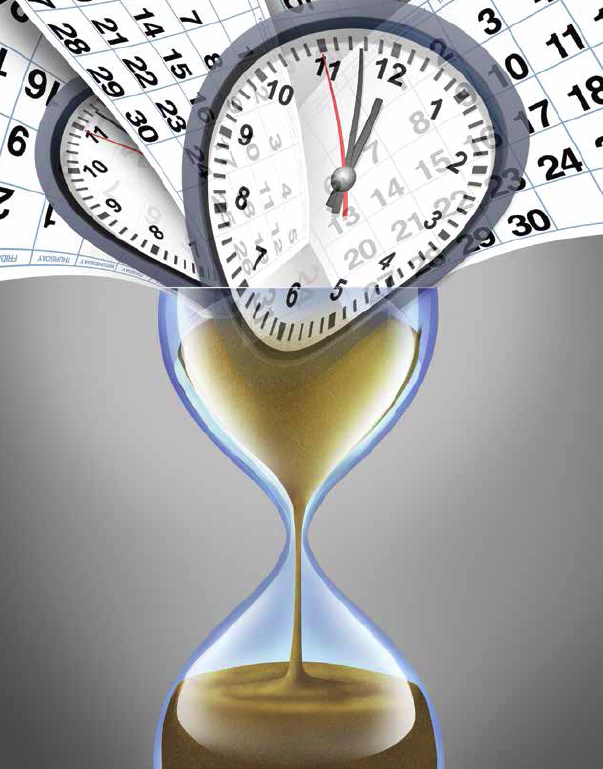
Feeling as though theres just too much life to fit into the time we have is one cause of stress.
WHEN THERES TOO MUCH LIFE
When we talk about stress, were referring to the feeling we get when we wonder whether we can cope with all the things life is asking us to handle. Anything that poses a challenge to our wellbeing can cause us stress (like a serious illness, a death, or a divorce in the family)and even good things (getting a new pet, starting a new job, moving to a new home, or going to college) can cause stress as well. When lots of little things come at once (like schoolwork and family responsibilities all piling up in the same week), they can cause stress and tension as well.
Stress is a normal and natural part of life. We all experience it. When we do, we often speak of feeling tense, as though we cant relax. We feel nervous. We may get upset easily. Life seems to be coming at us too fast. Theres just too much of it! Our emotions feel overwhelmed. People often use the word to tension to describe a more short-term feeling like this, while they think of stress as something that lasts for a longer period of time. Psychologists and scientists, however, use the term to stress to describe a condition that affects both our emotions and our bodies. And really, these experts tell us, our emotions and our bodies cant be separated!
Next page
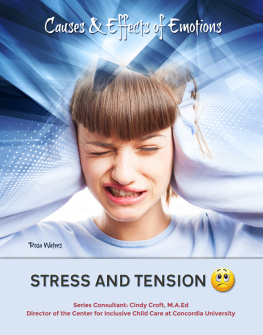
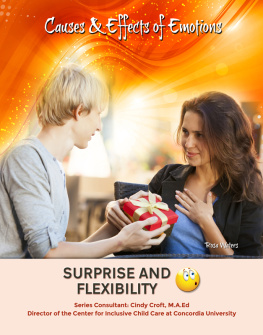
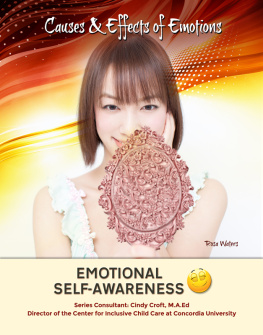
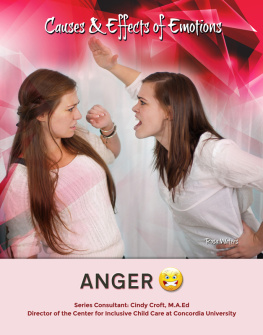
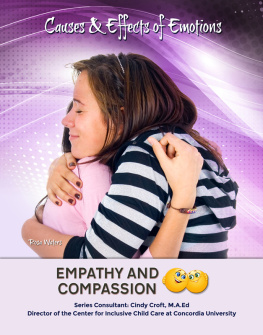
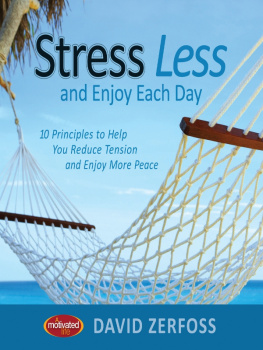
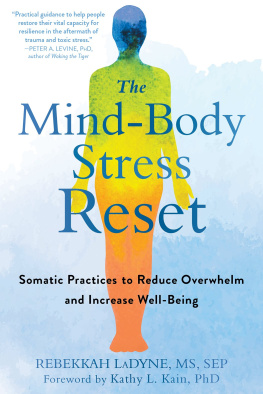
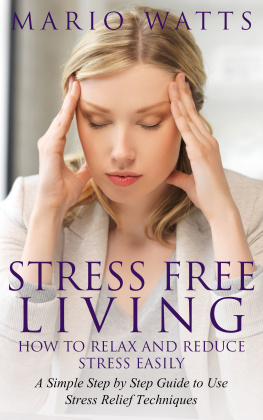

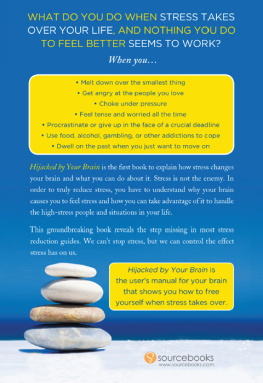
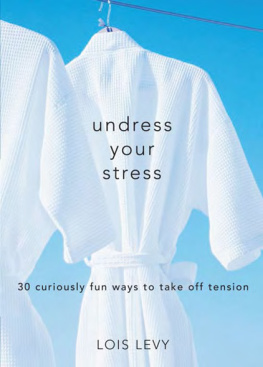
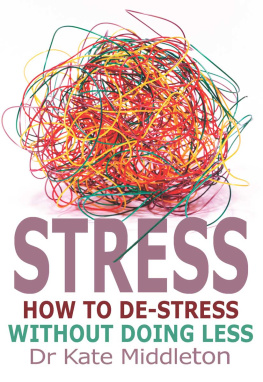

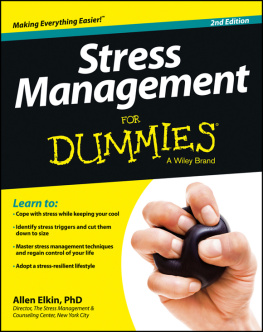
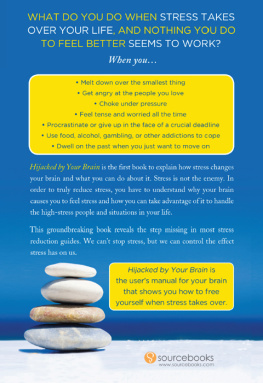





 categories: Classes or groups that we sort things into.
categories: Classes or groups that we sort things into.